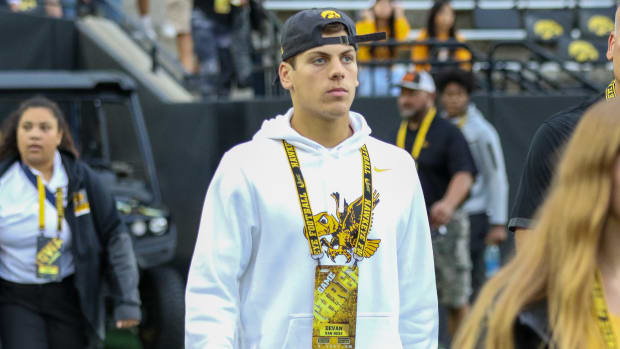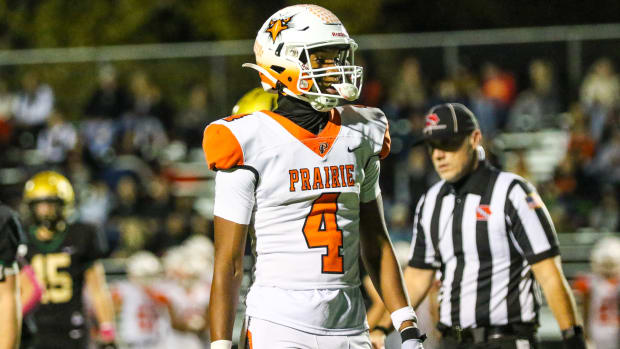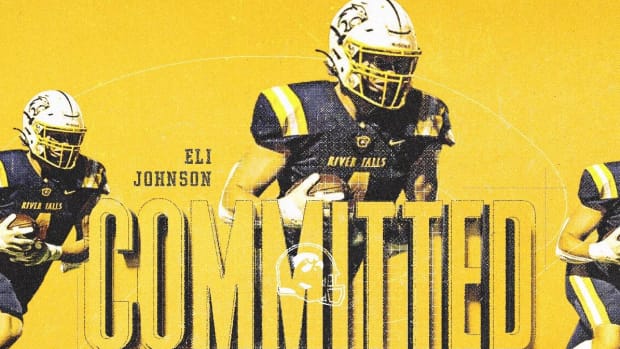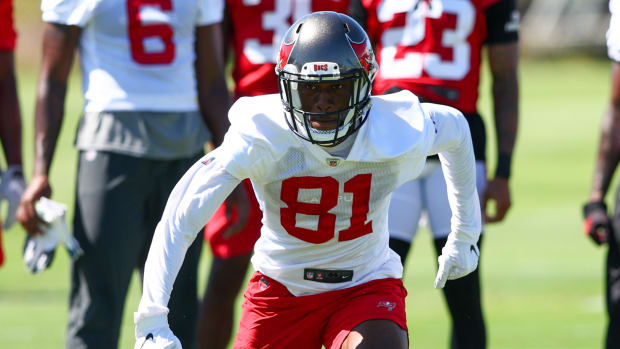National Voices Weigh In On Iowa Allegations
The allegations of racial disparities within the Iowa football program have caught the attention of national columnists.
Forde wrote:
Clearly, this is a program in need of recalibrating its player-coach relations. It’s not 1999 anymore. Or 2009. Or even 2019. The current pace of change in America—and in football—is breathtaking.
A college athletic program cannot become a time capsule. It cannot become an ongoing shrine to its leader—even the good ones. It is perilous to let a coach build his own echo chamber, surrounded by the same faces and voices for two decades.
The more resistant a place is to change, the more jarring the change will be when it comes. And it will come. Iowa football is now at that point, after two decades in its Utopian bubble, and how it responds to this crisis will influence its next 20 years.
USA Today's Dan Wolken wrote that Ferentz's "major credibility problem that will be impossible to escape: The coaches being held most responsible by the former players are his son, Brian Ferentz, and a strength coach in Chris Doyle, who has been his closest professional associate for the length of his tenure."
Wolken wrote:
It strains credulity to suggest that Doyle ran this tyrannical empire out of the weight room for more than two decades while Kirk Ferentz had no idea that players saw the treatment they endured as demeaning and racist. It’s hard to see how Brian Ferentz could be a problem without the tacit endorsement of his father.
The most charitable explanation is that Kirk Ferentz, like many coaches whose power is entrenched because of how much they’ve won, was too deeply immersed in his own bubble of comfort to really understand his own players or to see that the tactics used by his coaches had traversed beyond "old school” into something more sinister.
The less charitable explanation is that Ferentz knew how his players viewed the program all along and didn’t see the problem.
CBS Sports' Dennis Dodd wrote, "Ferentz literally got to this point in his career by knowing everything that goes on within his program. He wouldn't be the first coach to rule like an autocrat only to claim ignorance when times get rough.
"That institutional dominion is how Ferentz got to be this successful, this powerful in a state that only sees 2% of its high school players recruited by Division I schools."




